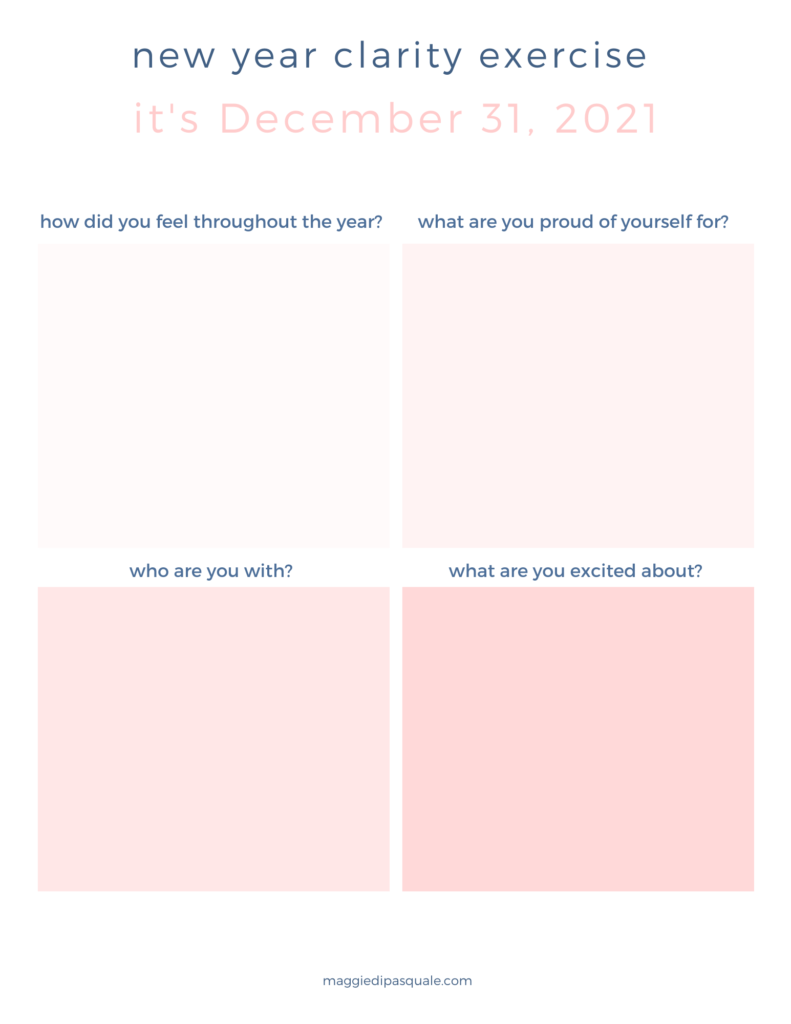pep talk on feeling good enough
I’ve seen a confidence theme come up recently with my students and it always starts out with the same two words:
I can’t.
I can’t apply to that college.
I can’t be friends with them.
I can’t apply to that job.
I can’t try out for that group.
Does any of this sound familiar? Telling ourselves we can’t do something can feel protective then we don’t need to put ourselves out there. No need to take a chance or set yourself up for possible rejection. As a reframe to this issue, I always ask myself:
Do I have a confidence issue or a competence issue?
99.9999% of the time what’s being described as a competence issue (I’m not good enough. I can’t do it) is really just a confidence issue. I’ll be with a totally capable, wonderful, student and they tell me that they can’t do something, but in reality they’re totally capable of doing the exact thing that they tell me they can’t do. It’s not about becoming more competent; it’s about building up confidence.
An example I see a lot is the confidence to apply to colleges and jobs. I’ll be with someone who is smart and amazing inside out, and they tell me all about the college/jobs they’re not going to apply to. Yet, what I see is someone with all the qualifications needed for whatever they’re telling me they can’t do. It doesn’t guarantee that we get into every college or get every job interview. Confidence is about resilience, trust in ourselves, and the ability to be in the unknown. I also have faith that every outcome is for the highest good.
If you’ve been telling yourself you “can’t” a lot lately take a deep breath, ask yourself: are you have a confidence issue or a competence issue? If it’s a confidence issues, I encourage you with that clarity to make a move!

